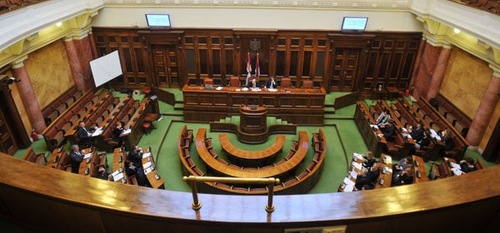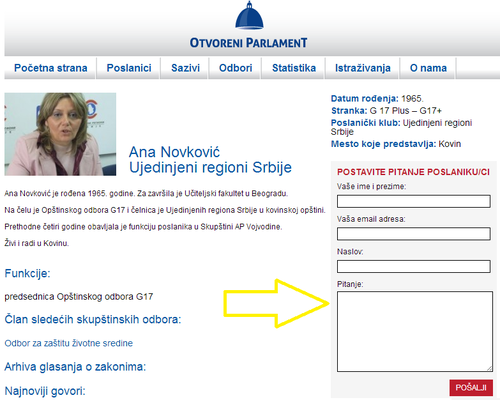A recent survey on parliamentary data openness in Central and Eastern Europe shows that national parliaments in the region especially lack transparency of committees’ sessions. Transcripts of sessions, voting records or even sessions’ agenda are unavailable in many countries. The survey clusters the countries into two groups, with Czech Republic, Macedonia, Montenegro, Poland, Serbia and Slovakia being moderately open and Albania, Bosnia and Herzegovina, Kosovo being much more closed.
Some time ago, I presented results of a global survey on voting data availability by KohoVolit.eu, a Czech and Slovak parliamentary monitoring organization (PMO). Recently, there has been another development in parliamentary data openness monitoring. NDI’s Western Balkan Legislative Strengthening Initiative conducted a comprehensive survey of nine Central and Eastern European parliaments. It is unique in many ways, mainly because the survey questionnaire was filled by parliamentary researches and not by PMOs, as it is usually the case.
The survey was based on the Declaration of Parliamentary Openness and focused on opportunities of citizens’ participation in the legislative process and parliamentary data openness. This section of the questionnaire contains questions on whether 48 types of parliamentary data are available on the official parliamentary website. It does not ask any further details (e.g. how many years of data are available or in what formats) and some questions could be more specific (e.g. whether voting records are available by name of individual MPs) but it draws a good rough picture of parliamentary openness in the region.

